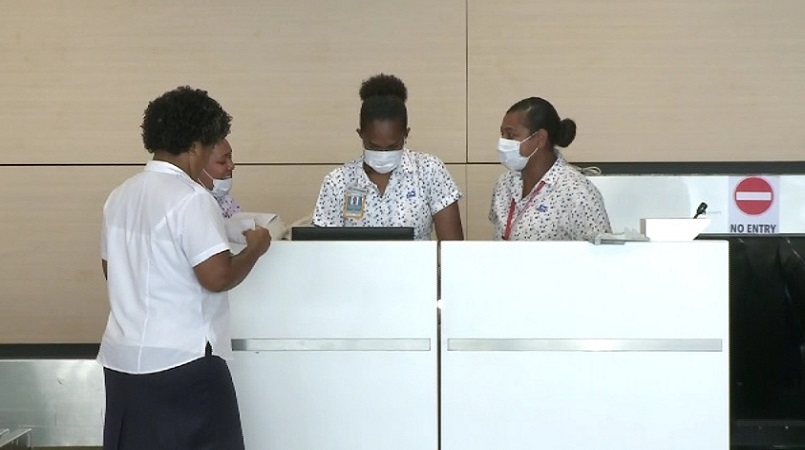
The Pacific needs to be prepared for a long battle with the Novel Coronavirus – on many fronts.
A radio interview with NZ Prime Minister Jacinda Ardern on New Zealand’s Newstalk ZB (0740 09/02/20) it seems to indicate the New Zealand Government has not learned from the measles epidemic in Samoa nor have they accepted the criticisms of their own Ministry of Health. And that head in the sand attitude has been continued with this far more deadly new disease.
Why is this disease so dangerous for the Pacific? Predominantly because the Pacific is not equipped to deal with such high rates of hospitalization requiring intensive, specialized care. And this vulnerability leads on from the high transmission rate and slow recovery time for this virus.
Today China has confirmed aerosol transmission – meaning the virus is far more transmissive than previously thought. It can stay viable in the air, attached to moisture particles for an unknown period of time.
Experts cite the relatively low mortality rate of approximately 2% as indicating the risk is not as high as SARS, but another look at the same data shows they are ignoring the also low recovery rate, at about 7%, indicating there are many people still hospitalized that could add to either outcom. The conclusion we can draw is that we do not actually know the true mortality rate of this virus.
If this virus reaches the Pacific before a reliable treatment is identified, it has the potential to be devastating.
And devastating not only for the people, but for the economies of the Pacific as well. Many Pacific Island nations rely on tourism as a significant contributor to GDP. If a Pacific nation tests positive for Novel Coronavirus we can expect the quarantine measures alone will decimate tourism for the lifecycle of this pandemic. This may be why Indonesia has yet to report any cases of Coronavirus, despite modelling of flight data and the movement of persons between Wuhan and Indonesia suggesting they should have cases by now.
The Pacific requires a concerted, coordinated effort to ensure this disease does not reach our islands. And we need our partners of Australia and New Zealand to step up and recognize that their own measures are not just for their people, but are to protect the people of the Pacific as well.
By being prepared now, with strong measures to keep the disease out, and capacity building of health services now in preparation of the virus arriving, we can reduce the impacts. But our partners also need to be prepared for the relief assistance that will be needed, not just for healthcare services, but for our economies, should the worst outcomes be realized.
Photo FBC
